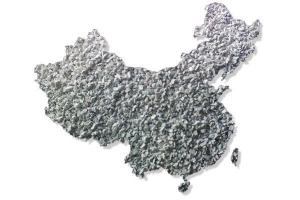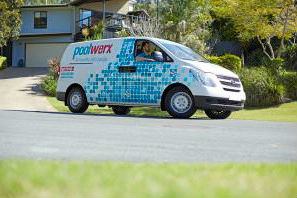The U.S. Department of Commerce has determined that imports of calcium hypochlorite from China are unfairly priced. The Dec. 9 ruling was made in response to a petition filed by Arch Chemicals, owned by Lonza, which accused Chinese manufacturers of “depressing and suppressing” domestic market prices.
To level the playing field, Commerce recommended that authorities require importers to pay steep cash deposits when bringing product into the United States from China. The agency said the fees should be based on dumping margins of 210 percent, an amount reflecting the price disparity between U.S.- and China-made goods.
Commerce also recommends placing duties of 66 percent on the products. Such tariffs, called countervailing duties, are meant to offset unfair government aid.
“We feel the rates truly reflect the significance of the dumping the Chinese manufacturers are responsible for, and the governmental subsidies of which they are taking advantage,” Lonza said in a statement to PSN. “This decision is one additional step in the process of having duties imposed to protect the domestic industry.”
But no tangible action will take place until the conclusion of a second investigation. The International Trade Commission is working to determine how much the Chinese imports are hurting domestic industry. If ITC concludes that U.S. chemical makers are being hindered, then Commerce will authorize U.S. Customs and Border Protection to issue the hefty export duties.
Arch Chemicals’ petition, filed in December 2013, made a case against foreign manufacturers who benefit from generous government subsidies in the form of preferential loans, tax breaks and grants, which enable them to produce goods sold in the United States at injuriously low prices.
It also suggested that Chinese manufacturers are becoming savvier and more aggressive as they extend their reach into the U.S. pool industry. One way they’re penetrating the domestic market is through repackers and private label marketers who buy in bulk. However, Chinese producers now are entering the U.S. market with retail packages of their own, which Arch claimed further erodes the profits of American firms.
“The effect of Chinese low-priced entry has been and will be devastating,” the petition stated.
Several Chinese producers refused to participate in Commerce’s investigation into the allegation, the agency stated.
China has ramped up production of cal hypo in recent years and is exporting increasingly large volumes, which arrive during the season of peak demand. Imports of Chinese cal hypo increased from 6.7 million pounds in 2010 to 10.6 million pounds in 2012, according to the petition. Commerce calculates that the value of imports rose from $5,736,000 in 2011 to $8,131,000 in 2013.
If China’s chemical industry continues to increase at that rate, Arch estimates that it will control 90 percent of cal hypo’s global output by 2016.
ITC is expected to make its final determination on Jan. 22.
DOC and ITC don’t always reach the same conclusion. Japan was recently exonerated by ITC from similar charges by Commerce.
On Oct. 9, ITC determined that exports of chlorinated isocyanurates from Japan were not a threat to the U.S. industry, while those from China were. Chinese exporters were penalized with steep duties, but Japanese producers were not.
Shikoku Chemicals Corp. was among the Japanese manufacturers under the scrutiny of federal agencies. Shikoku issued a press release applauding ITC’s favorable ruling regarding Japan, stating that the company “has always been a responsible and fair participant in the U.S. market. …”
Arch Chemicals, which sells under the brands HTH and Poolife, is one of two U.S. producers of cal hypo. The other is Axiall Corp. Both are located in Atlanta.



